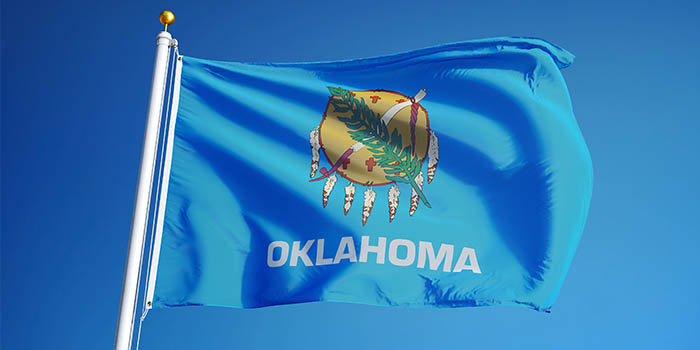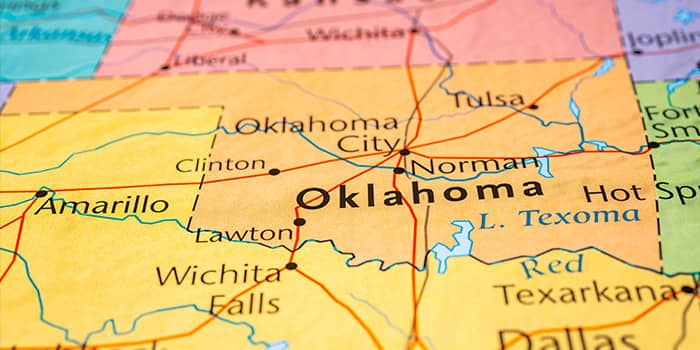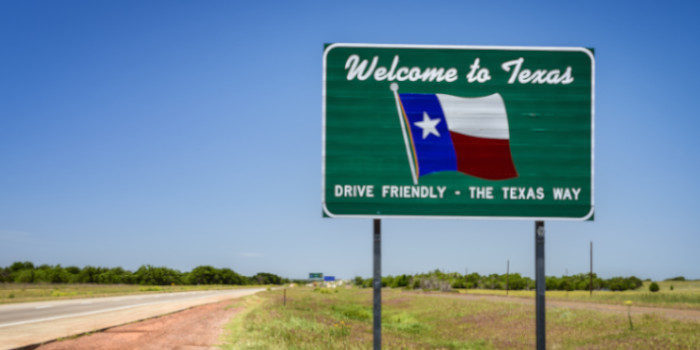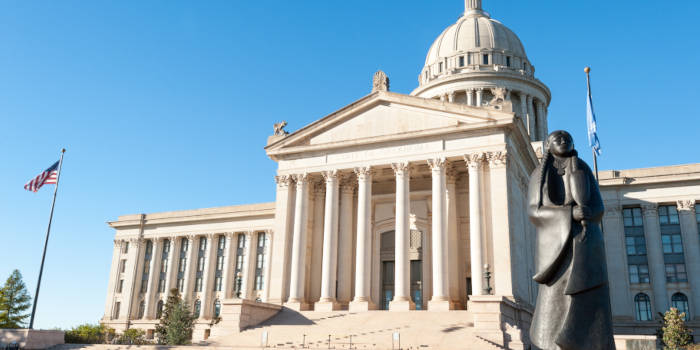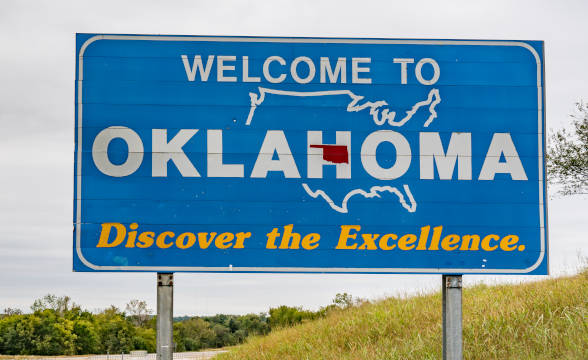Oklahoma’s Gaming Tribes Won Dispute over Compacts in Federal Court

The Supreme Court in Oklahoma ruled in favor of the tribal gaming compacts in the state. This effectively confirmed that the tribal compacts were renewed back on January 1, 2020. Following the court’s ruling, Governor Stitt shared his disappointment.
Dispute over Gaming Compacts in Oklahoma Comes to an End
A dispute over gaming compacts in Oklahoma ongoing since last year is coming to an end. Yesterday, July 28, US District Court Judge Timothy DeGiusti ruled in favor of the gaming compacts, supporting Oklahoma’s gaming tribes that those compacts were automatically renewed in January 2020 for a period of 15 years. This may be the final chapter of the dispute which was raised by Governor Kevin Stitt.
It all began last year, when Governor Stitt wanted to negotiate new gaming fees for the tribe’s gaming compacts. Basically, the Governor wanted to raise more revenue from taxes on gambling in the state. This however caught the attention of the tribes who disagreed. The tribes in Oklahoma earn approximately $4.5 billion a year. Of that total, under the current compact, they pay exclusive fees of 4% to 10% to the state.
According to the tribes in Oklahoma, unless a new agreement was reached, the compact would automatically renew. The tribes in the state were referring to Part 15 B of the compact, where it is stated that: “…the Compact shall automatically renew for successive additional fifteen-year terms.“
After that, Governor Stitt did not agree on the auto-renewal of the compacts, which resulted in Choctaw, Chickasaw and Cherokee nations to file a lawsuit in federal court. Following the recent ruling in favor of the tribes, Judge DeGiusti wrote in a statement: “The Court is not persuaded by this argument and rejects the State’s narrow view of ‘governmental action,’ which is inconsistent with a common understanding of that term.” He added: “The Court finds that these technical definitions are not required by the Compacts and their use would be inconsistent with federal contract principles.” Although the ruling is final, both sides involved will have until August 7 to raise any other concerns they might be having.
Governor Stitt Disappointed with the Court’s Ruling
Following the announcement of the court’s ruling, Governor Stitt expressed his disappointment with the decision. In a statement, he said: “It confirms my fears, and the fears of many fellow Oklahomans, that the State entered into a poorly negotiated deal and now we must bear the cost of this mistake.” He further added: “The federal court determined that the 2004 Gaming Compact auto renewed for 15 years because of an action taken by an agency’s unelected board to reissue licenses for gaming at horse racing tracks.“
With that in mind, the Supreme Court in Oklahoma also ruled that the two compacts signed by Governor Stitt are invalid. The compacts, signed with the Otoe-Missouria Tribe and Comanche Nation were aiming at allowing sports betting. However, sports betting in the state hasn’t received the green light from the Oklahoma’s legislature.
In contrast, the decision of the court was met kindly by the tribal nations. In a statement, Cherokee Nation Principal Chief Chuck Hoskin Jr. expressed his excitement about the ruling. Hoskin noted that the Cherokee Nation is pleased with the ruling. He pointed out that the Supreme Court had only affirmed what the tribal nations have known since the beginning – the fact that the gaming compact with the state of Oklahoma was renewed on January 1, 2020 for 15 years.
Hoskin continued by outlining that the tribal gaming in the state will continue to contribute towards education, health care, communities and infrastructure. In conclusion, Hoskin said that the compact remains the same which means that the tribal gaming can continue to work towards: “a relationship built on respect with Gov. Stitt in the future.“
Mike made his mark on the industry at a young age as a consultant to companies that would grow to become regulators. Now he dedicates his weekdays to his new project a the lead editor of GamblingNews.com, aiming to educate the masses on the latest developments in the gambling circuit.

